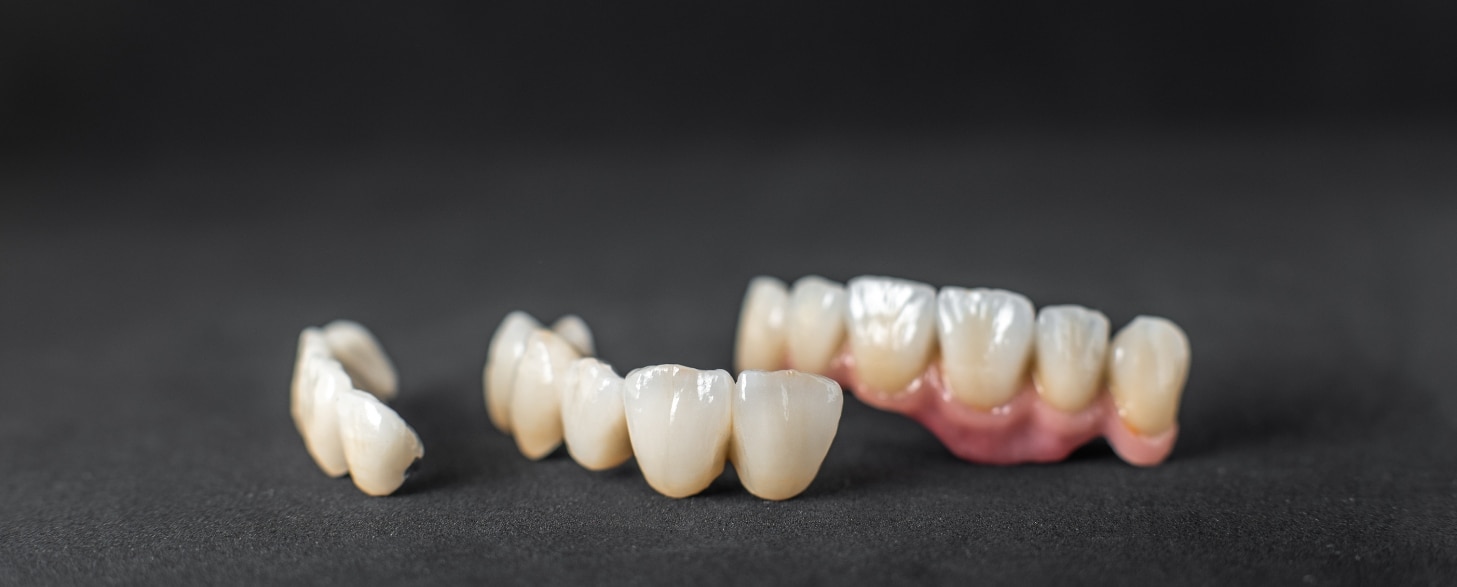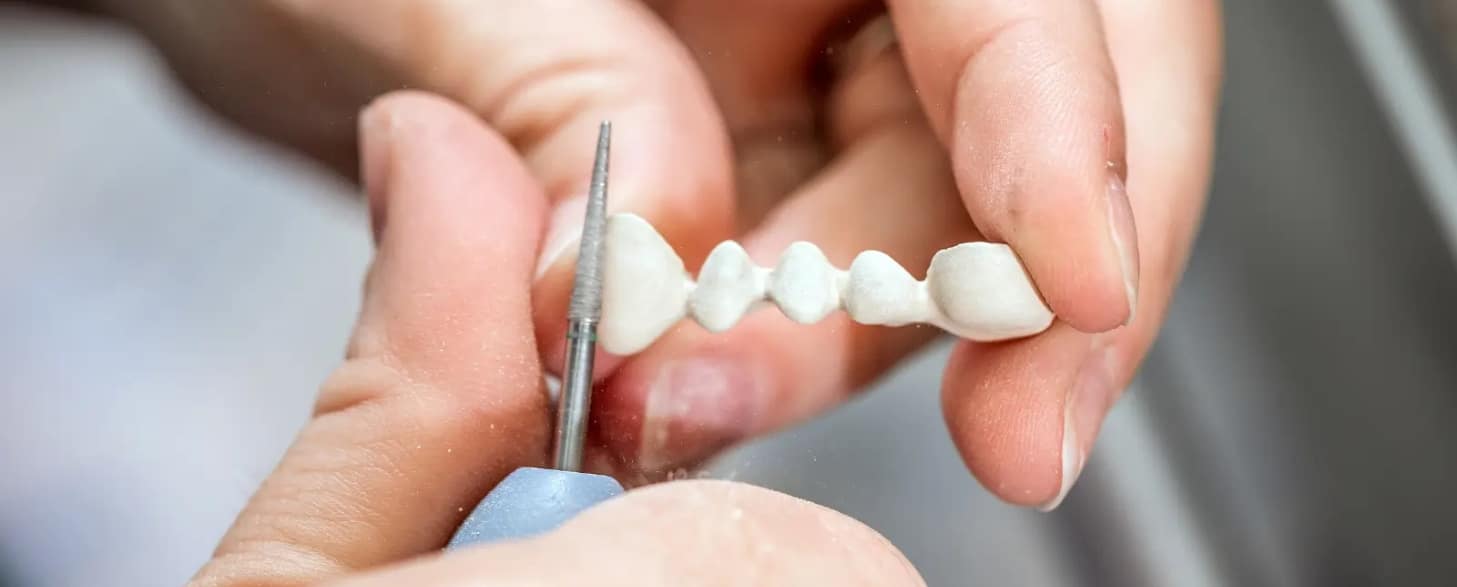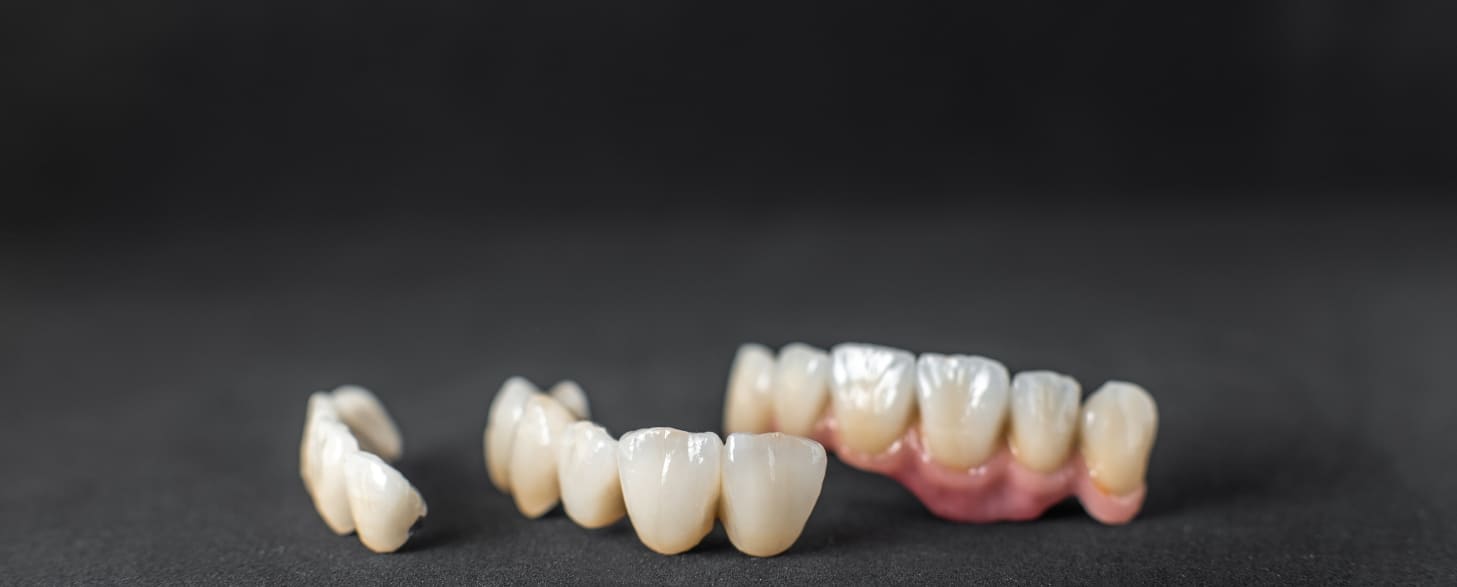How to Take Care of a New Dental Crown: A Comprehensive Guide
San Antonio, TX

Getting a dental crown is a common and effective solution for restoring damaged or decayed teeth. While dental crowns are durable and long-lasting, they do require proper care to ensure they remain in excellent condition and function optimally. In this comprehensive guide, we’ll explore the best practices for taking care of your new dental crown, ensuring it serves you well for years to come.
What is a Dental Crown?
Before diving into care tips, it’s essential to understand what a dental crown is. A dental crown is a tooth-shaped cap placed over a tooth to restore its shape, size, and strength. It is typically used for teeth that are severely damaged, decayed or have undergone root canal treatment. Crowns can be made from various materials, including porcelain, metal, or a combination of both.
The Importance of Proper Care
Proper care of your dental crown is crucial for maintaining both its appearance and functionality. Neglecting your crown can lead to complications such as decay, gum disease, or even crown failure. By following the right care practices, you can prevent these issues and ensure that your crown continues to support your dental health effectively.
1. Maintain Excellent Oral Hygiene
Brushing and Flossing
Maintaining excellent oral hygiene is the foundation of dental crown care. Brush your teeth at least twice a day using a fluoride toothpaste. Be sure to brush around the crown thoroughly to remove any plaque buildup. Plaque can contribute to decay and gum disease, which can affect both the crown and the surrounding teeth.
Flossing is equally important. Use dental floss or an interdental brush to clean between your teeth and around the crown. This helps to remove food particles and plaque that brushing alone may miss. If you find traditional floss difficult to use around the crown, consider floss threaders or a water flosser as alternatives.
Avoid Abrasive Toothpaste
When brushing, avoid using abrasive toothpaste or scrubbing too hard, as this can damage the crown’s surface. Opt for a soft-bristled toothbrush and a non-abrasive fluoride toothpaste to clean both your natural teeth and crown effectively.
2. Be Mindful of Your Diet
Avoid Hard and Sticky Foods
Your dental crown is designed to withstand normal chewing forces, but it’s wise to avoid overly hard or sticky foods. Hard foods, such as nuts or ice, can crack or damage the crown, while sticky foods, like caramel or taffy, can pull at the crown and potentially loosen it.
Limit Sugary and Acidic Foods
Sugary and acidic foods can contribute to tooth decay and can be harmful to both your natural teeth and crowns. Reducing your intake of sugary snacks and drinks, as well as acidic foods like citrus fruits and soda, helps protect the integrity of your dental crown and overall oral health.
3. Avoid Grinding and Clenching
Understand the Risks
If you have a habit of grinding or clenching your teeth, it’s crucial to address it, as these habits can put excessive pressure on your crown. Grinding or clenching can cause your crown to wear down, become loose, or even break.
Consider a Night Guard
If you grind your teeth at night, wearing a custom-fitted night guard can help protect your crown and natural teeth. Consult your dentist about getting a night guard to prevent damage from teeth grinding or clenching.
4. Regular Dental Checkups
Schedule Regular Visits
Regular dental checkups are vital for maintaining the health of your dental crown and overall oral health. Your dentist will monitor the condition of your crown, check for signs of wear or damage, and perform professional cleanings to prevent plaque buildup.
Address Issues Promptly
If you notice any changes or issues with your crown, such as discomfort, sensitivity, or looseness, contact your dentist immediately. Prompt attention to these issues can prevent more significant problems and ensure your crown remains in good condition.
5. Be Cautious with Dental Products
Use Non-Alcoholic Mouthwashes
Some mouthwashes contain alcohol, which can be harsh on dental work and may contribute to dryness or irritation. Opt for non-alcoholic mouthwashes to avoid potential issues with your crown and maintain a healthy oral environment.
Be Careful with Whitening Products
If you use whitening products, be cautious, as they may affect the color of your crown differently from your natural teeth. Consult with your dentist before using any whitening products to ensure they are safe for use with your crown.
6. Addressing Problems with Your Crown
Common Issues and Solutions
Despite your best efforts, you might encounter issues with your crown from time to time. Here are some common problems and how to address them:
- Crown feels loose: If your crown feels loose or comes off, contact your dentist immediately. It may need to be re-cemented or replaced.
- Sensitivity: Some sensitivity is normal after getting a crown, but if it persists, it could indicate a problem with the crown or underlying tooth. Consult your dentist for an evaluation.
- Cracked or chipped crown: If your crown becomes cracked or chipped, it is essential to see your dentist as soon as possible. They will assess the damage and recommend the best course of action, which may involve repairing or replacing the crown.
7. The Lifespan of a Dental Crown
Typical Longevity
Dental crowns are designed to last for many years, with a typical lifespan ranging from 5 to 15 years, depending on factors such as the material used, your oral hygiene practices, and how well you care for the crown. Regular maintenance and prompt attention to any issues can help maximize the lifespan of your crown.
When to Replace a Crown
Over time, crowns may need to be replaced due to wear, damage, or changes in your oral health. Your dentist will monitor the condition of your crown during regular checkups and recommend replacement if necessary. Keeping up with your dental visits will help ensure that any issues are addressed before they become significant problems.
Taking care of a new dental crown is essential for maintaining its functionality and appearance. By following the practices outlined in this guide – maintaining excellent oral hygiene, being mindful of your diet, addressing grinding habits, scheduling regular dental checkups, and being cautious with dental products – you can ensure that your crown serves you well for years to come.
Remember, your dentist is your best resource for personalized advice and care. If you have any questions or concerns about your crown, don’t hesitate to reach out to them for guidance. With the right care, your dental crown can help restore and maintain your smile for a long time.






